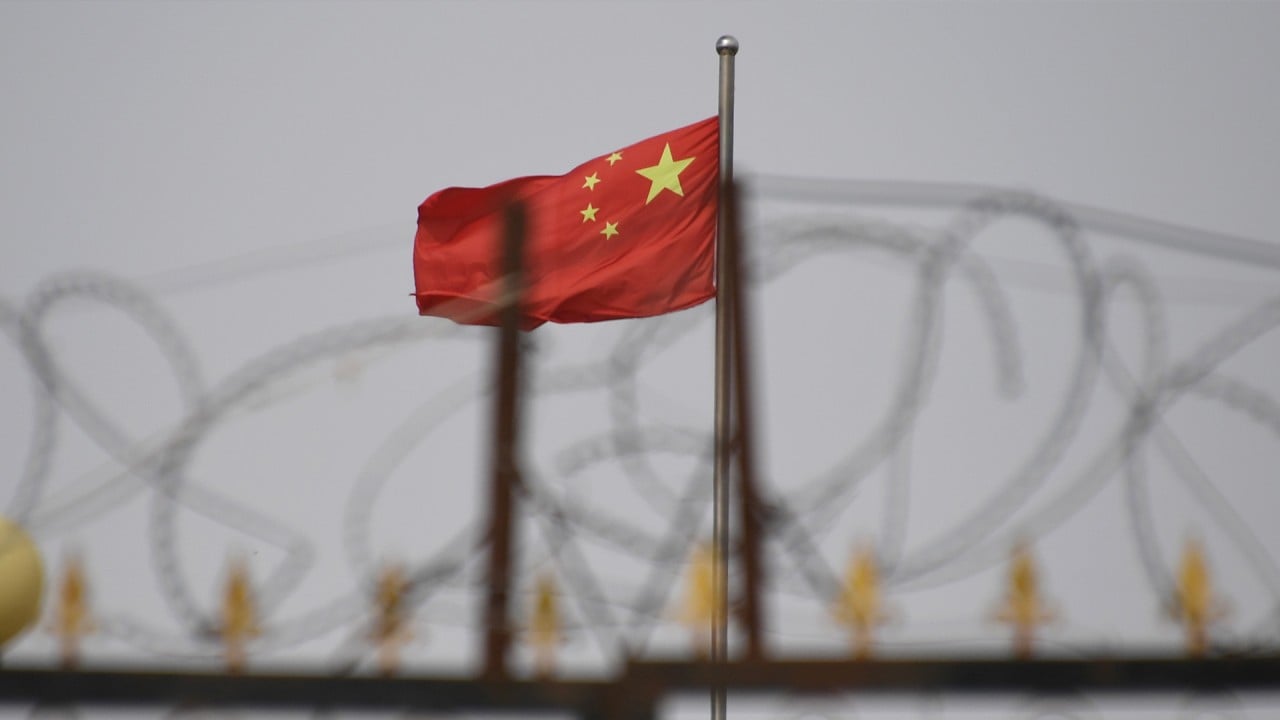
Uygur ex-head of Xinjiang education department gets suspended death sentence
- Sattar Sawut found guilty of separatism and taking bribes linked to publication of ‘problematic’ school textbooks, court says
- Five other Uygurs given heavy sentences, while former head of Xinjiang department of justice gets suspended death sentence in separate case
The charges were built around Sawut’s role in writing and publishing of Uygur-language textbooks that were used in primary and secondary schools in Xinjiang for 13 years but in 2016 were deemed by the regional government to be inciting ethnic hatred and “separatist thoughts”.
His deputy at the education department and two publishers of the books were each given life sentences, while two editors from the same publishing house were also found guilty, but their sentences were not specified. None of the other defendants were named.
The report did not say when the sentences were handed down, but Sawut had been under investigation since 2017.
The court ruled that the textbooks had incited people to carry out a series of violent and sometimes deadly attacks in Xinjiang between 2009 and 2014, the report said. Close to 200 people were killed in the 2009 riots in Urumqi, the regional capital.
The only evidence offered by Beijing regarding the problematic textbooks was shown in a documentary aired on Friday by state-run CGTN. Almost all of the problems cited concerned a short-lived government in the region in the 1940s – the East Turkestan Republic (ETR) – a chapter of Xinjiang’s history that Beijing feels ambivalent about.
In one case, an interviewee referred to a textbook’s inclusion of a picture of Ehmetjan Qasim, a founding member of the ETR in the 1940s, with the emblem of the government pinned to his collar.
That Soviet-backed government, which turned to the Communist Party after its revolt against the Nationalists, was incorporated by Beijing in its narrative as part of the nationwide revolution and Qasim – a Moscow-trained Marxist who later died on a Soviet plane flying to Beijing – was later lionised by the Communist Party as a national hero.
But in most pictures of Qasim used by Chinese authorities, the ETR emblem is cropped out. And Beijing has almost always referred to that Uygur government as “the three district revolution” instead of the ETR, as it is keen to avoid any references to the highly sensitive name.
Another of the problematic pictures in the textbooks showed clashes between Uygur fighters and Han-looking soldiers with the Chinese Nationalist Party in the 1940s. Beijing still calls the uprising a just revolution.
Meanwhile, Shirzat Bawudun, a former head of the Xinjiang department of justice, has also been sentenced to death with a two-year reprieve on separatism charges, the report said.
The US delisted the group as a terrorist organisation in November, citing a lack of evidence that the group still existed.




